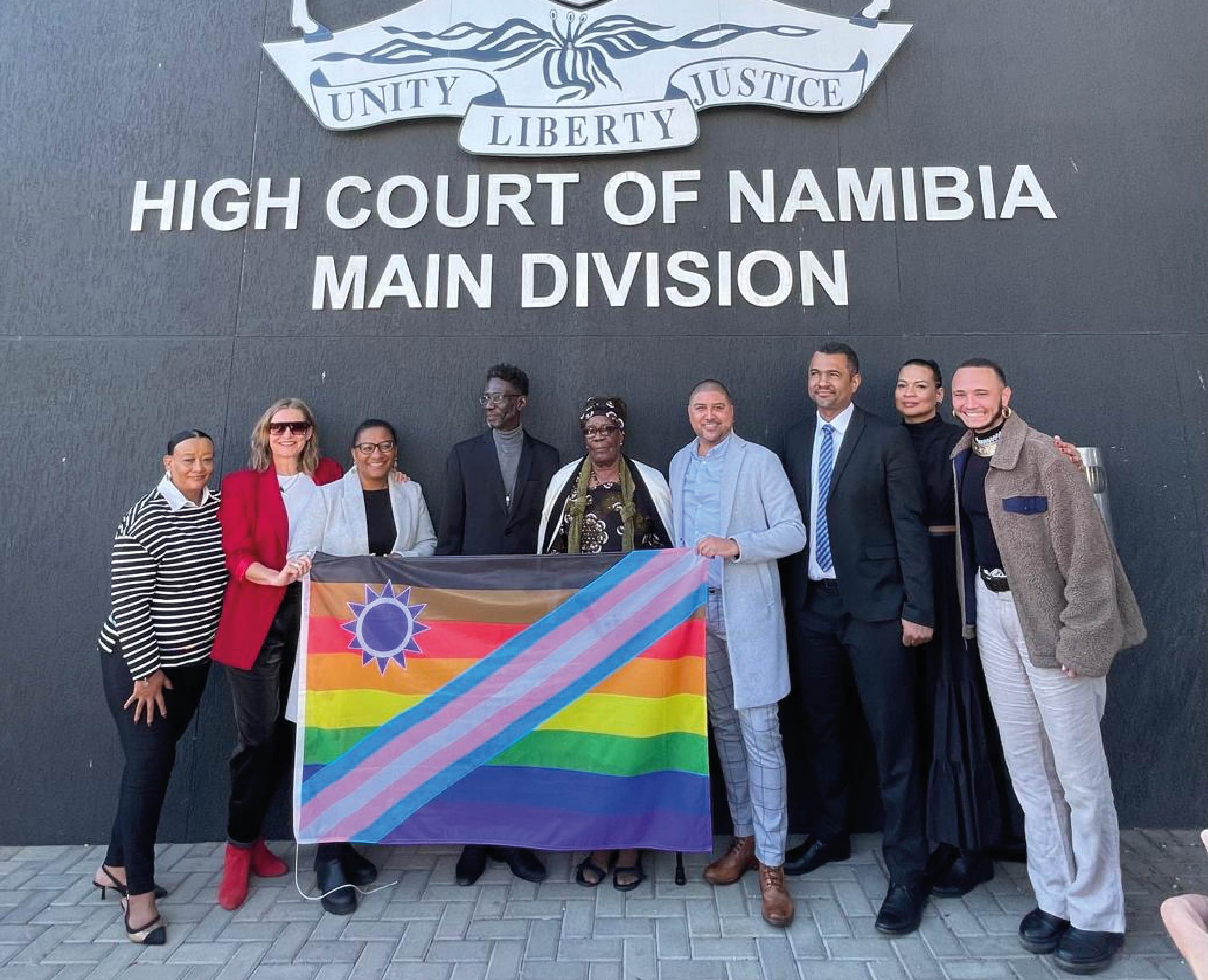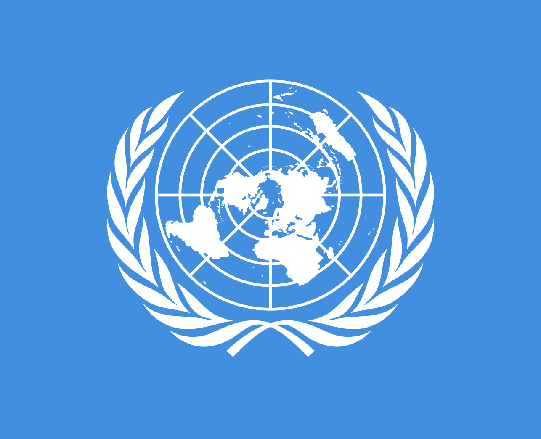A decision on Tuesday by a High Court judge in Lagos to strike out the case against 47 Nigerian men arrested in 2018 for public displays of affection with people of the same sex is welcome, but more work is needed, says the Human Dignity Trust (HDT).
The men had been charged under the Same Sex Marriage (Prohibition) Act 2013 (SSMPA). The case had previously been delayed several times after prosecution witnesses failed to appear. Presiding judge, Justice Rilwan Aikawa, struck out the case and said he had done so due to the “lack of diligent prosecution.”
‘After two years of numerous court appearances and the threat of a prison sentence hanging over the mens’ heads, it is extremely welcome news that this case has been struck out,’ said Téa Braun, HDT’s Director.
Speaking to The Rustin Times, Xeenarh Mohammed, Executive Director of The Initiative for Equal Rights (TIERS), which provided legal support to the men following their arrest, said, ‘The wheels of justice are slow, but they have finally landed at our doorstep. Although we were aiming for an acquittal and a dismissal, the most important thing is that the boys are free, and they can finally start to pick up the threads of their lives.’
According to TIERS, a dismissal would have meant that the individuals are free of all charges and the case can never be brought up again in any court of law. However, a strike out means that they are free to go away now, but the police could arrest them again anytime in the future on these same charges.
HDT stands with TIERS in expressing disappointment that the threat of arrest remains. Under this draconian law, which clearly stigmatises and discriminates against LGBT Nigerians, these same individuals could be subjected to similar treatment all over again. The law itself must be struck down as a violation of basic human rights
In August 2018, 57 men were arrested at a hotel in the Egbeda district of Lagos. Police claimed that those arrested were about to be “initiated into a gay club”, while those arrested indicated that it was a birthday party. The men were arraigned and pleaded not guilty to charges of conspiracy, membership of a secret cult and unlawful gathering. They were subsequently charged instead under the SSMPA’s provision that criminalises the “public show of same sex amorous relationship” with up to 10 years’ imprisonment.
The charges were the first to be brought under the controversial Act, which was signed into law in 2014 under then President Goodluck Jonathan, to international outcry. Under pre-existing law, a relic of the British colonial period, Nigeria already criminalises consensual same-sex sexual activity in private, which attracts a maximum penalty of 14 years’ imprisonment. Additionally, Sharia Law in 12 northern States criminalises same-sex intimacy between both men and women.
Notes to editors
- The Human Dignity Trust works with LGBT activists around the world to defend human rights in countries where private consensual sexual activity between adults of the same sex is criminalised. With pro bono assistance from the international legal community, we support local organisations that are challenging laws that persecute people on the basis of their sexual orientation and/or gender identity.
- Learn more about Nigeria’s criminalisation of same-sex relations.
- Watch stories on the TIERS website about the men and their experiences of stigma and discrimination over the last two years.
For more information contact:
Emma Eastwood, Head of Strategic Communications, HDT
T: +44 (0)20 7419 3770 / E: [email protected] / Twitter: @HumanDignityT




